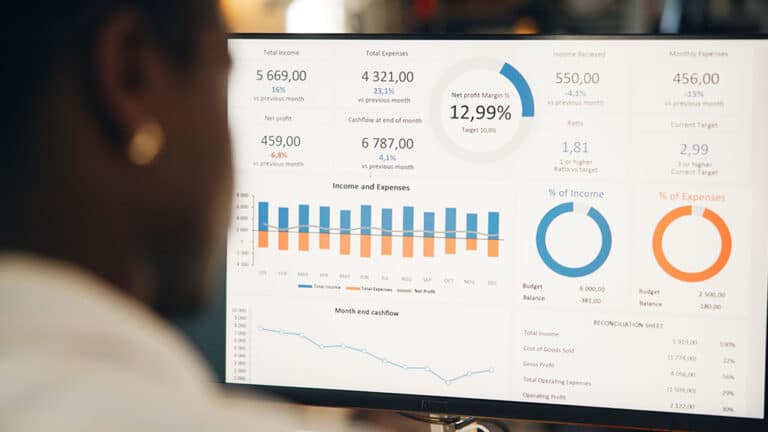Why You Shouldn’t Obsess Over Vanity Metrics
What’s the most common, and probably most important, attribute in digital marketing? What’s the one ubiquitous element that can make or break your success? It is data. If your company is deep into a digital marketing campaign, then you know that data is everywhere, at every turn, and you would know that the way you understand and use that data will lead to either your success or your failure. In many of our blog posts, we have recommended tracking your data and using it to your advantage.
Years ago, before the digital marketing era, companies didn’t have the luxury of tracking their data. Now, companies can track their entire process down to the most granular details. Advertisements from 20 years ago were subject to mere guesswork—there were few ways to track and understand the performance of an ad. If there was an uptick in sales, then good, that meant that the ad was doing well. If sales were stagnant, that probably meant that the ad wasn’t performing as initially hoped.
Today, we can obtain data on just about anything we need. We have tools and systems to track nearly any action and behavior, and our data can now tell the story on why our marketing is successful.
Though it is absolutely crucial to understanding your marketing, data isn’t always a good thing. In some ways, it can be overwhelming and misleading. There is some information that we are better off not paying attention to. An onslaught of unnecessary data can drown out what we really need to know.
That’s because some metrics just don’t matter. Some metrics don’t feed us the information that we need—it’s like indulging in a piece of chocolate cake before eating your dinner. These metrics are called “vanity metrics”. We’re going to tell you how to avoid these.
How to know if a metric is useless
What are your goals? Do you want a substantial increase in sales? Do you want more signups to your email list? Or do you want increased brand exposure?
The relevant metrics are dependent on your goals. If you want more sales, you would measure different metrics than if you wanted enhanced brand visibility.
If you’re pursuing sales, you would look at your conversion rate. You would look at how your traffic sources correlate with that conversion rate. You would run split tests to optimize that conversion rate. You probably would not be looking at how many new blog comments you have received in the past month, or how many social media shares you had, unless those metrics somehow correlate with your conversion rates. Metrics should clarify your processes and systems, and should tell how and why you are receiving the type of results that you are.
If you’re trying to gain more converted customers, then you probably shouldn’t obsess over how many new Twitter followers that you have. Whether or not a metric can be considered useless depends on what you are trying to achieve.
Monitoring the amount of new blog comments can be important if you’re looking at increased brand exposure, but not if you’re trying to gain more sales. Unless, again, you can see how those new blog comments have somehow yielded more sales along the way.
If your metrics are not propelling you forward to reach your goals, then they are virtually useless and not worthy of your time.
It’s too easy to get distracted with bells and whistles. Information is vital only when it is refined. You don’t need to obsess over every single detail; you need to worry about the data that matters.
Is your data helping you achieve your goals? Is the data helping to improve your process? If not, ignore it. You don’t need the noise.

















